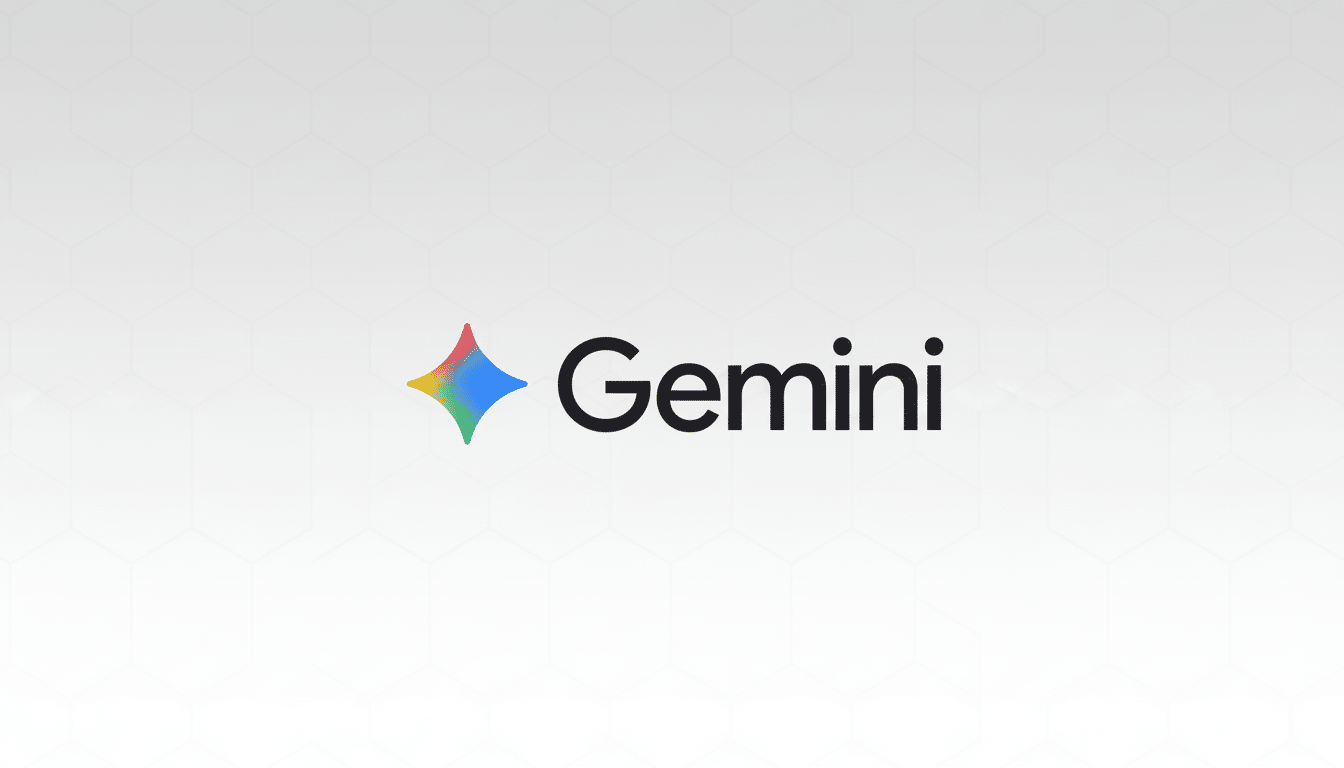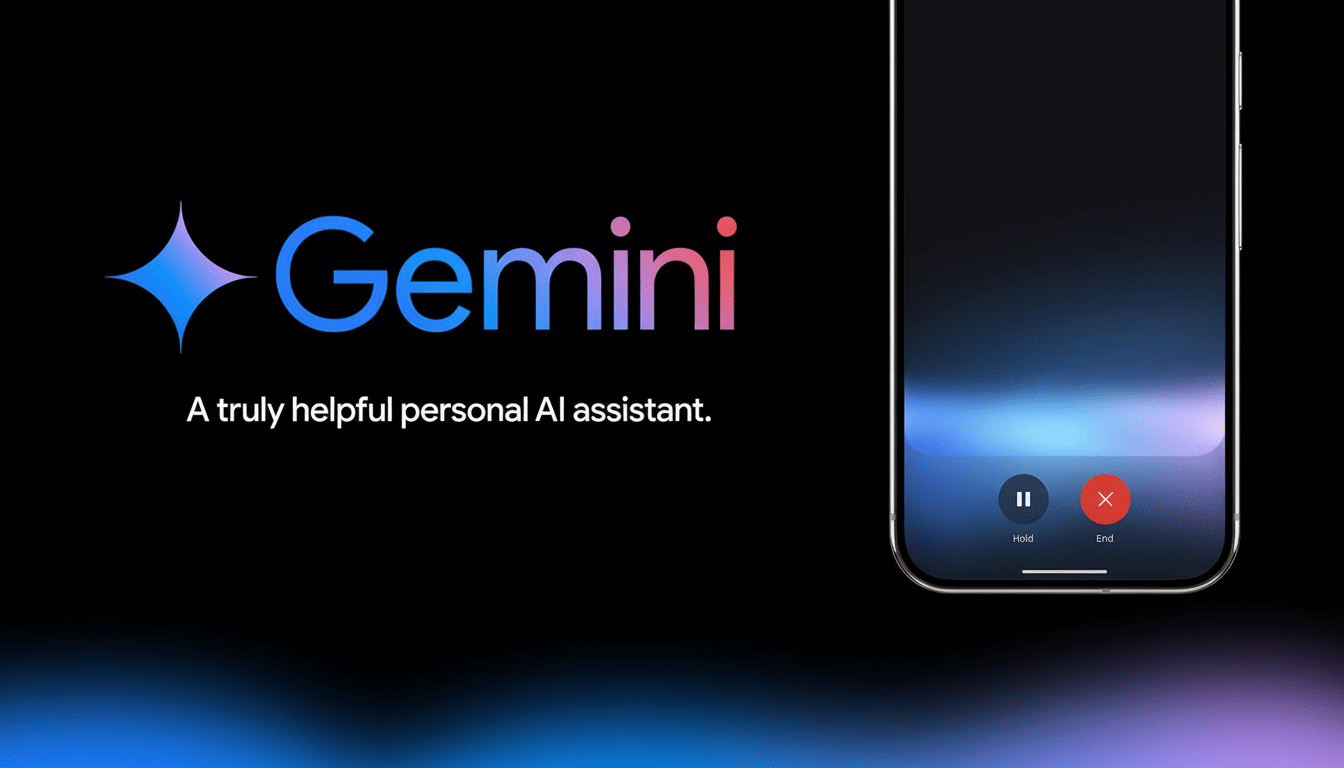Google’s hushed test of a Search app for Windows seems to indicate something more monumental than just a convenience play. Should Gemini emerge in Apple’s home waters on macOS, it’ll be more than the new Google and Siri; it could redefine how many Mac users search, launch apps, automate complex commands, and get on with work. That should make Apple shit its pants.
A Native Google Layer Atop macOS Changes Behavior
Spotlight is quick at opening apps, finding files, and doing calculations, but it doesn’t do much beyond the web’s edge.

A Google desktop application powered by Gemini would break that barrier down by integrating local search with the web, Drive, Gmail, Calendar, and so on in a single keystroke.
Just imagine this workflow: You take a screenshot, run Google Lens, grab the text, and then ask Gemini to sum it up for you or do some cross-checking — without opening a browser. That’s how people are used to using their phones, and it’s the way they’ll expect their computers to work. With StatCounter putting Google’s share of the worldwide web search market at around nine out of 10 queries, a familiar, frictionless Google entry point on macOS would be muscle memory in no time.
Agentic AI Would Reveal Siri’s Stagnation
Gemini is not a mere chatbot; Google has also released agentic functionalities for Chrome that can formulate and carry out tasks with little hand-holding. Think: draft a brief from research, pull files from Drive, cite sources, and format for Docs — all in one command. The Project Astra demos provided a taste of how multimodal understanding can transform passive assistants into proactive co-pilots.
Siri’s trajectory, by comparison, has been cautious. Apple Intelligence was pitched with the notion of on-device knowledge and deeper actions, but some of it is still being rolled out piecemeal. Apple has even relied on ChatGPT to serve up some answers. Plop down a good Gemini client for macOS and people will swiftly find out which assistant actually gets them somewhere.
Services and Defaults Are at Stake for Apple
Apple’s services business runs on default behavior — from Safari search to Siri suggestions. A Gemini app, intercepting queries before they even reach the browser, would dilute those touchpoints. It’s not just a UX threat; it’s also an economic one. Google pays Apple more than $15 billion a year to remain the default search on Safari, according to filings and analyst estimates in the U.S. antitrust suit against Google. If people ignore Safari altogether, that default means far less.

Regulatory pressure compounds the risk. Defaults and integrations are under the spotlight for platform gatekeeping under Europe’s Digital Markets Act. If Google requests greater access to the desktop, and users demand it from Apple, Apple’s ability to say “no” could be weak — especially outside of the App Store, where macOS already permits notarized apps that can do quite a lot.
The Same Kind of Playbook Suddenly Looks Outdated
Third-party launchers like Alfred and Raycast showed us that macOS users liked command palettes that did more than search. Google could do that, only in a way that blends convenience with search quality, Lens, Drive, and Gemini’s logic. Imagine one keystroke that tracks down a local PDF and extracts the figures and vets them, then drafts up a summary for Notes — no context switching, no tab sprawl.
Not even the power features Apple has pitched — Shortcuts, Quick Actions, smarter window management — answer the “agent” moment. They still require users to cobble together the steps. Gemini’s pledge is to infer across steps and data sources by itself.
Privacy and On‑Device Processing Are the New Battleground
Apple will counter with privacy. Apple Intelligence brags about on-device models and Private Cloud Compute for secure requests. But Google can respond. Gemini Nano already runs on phones; a macOS app might fuse local inference for speed with cloud models for heavy lifting, leveraging the Apple Silicon Neural Engine via Metal. By offering transparent permissions for file indexing and offline modes for popular tasks, Google can neuter Apple’s story.
The outcome: a plausible privacy tale on both sides that, in turn, shifts the decision to capability and pace. If Gemini is faster, more precise, and generally just more useful for everyday use, users will opt in to that — privacy rhetoric or no.
What Apple Needs to Do Next to Counter Gemini
- First, make Spotlight another universal search with first-class web results (definitions, citations) and follow-up requests (conversational).
- Second, make Siri agentic throughout macOS: full-file access with user permission, stepwise task performance, and strong context persistence.
- Third, open up better system APIs so trusted assistants can get things done without kludgy workarounds — before third-party tools define the workflow layer on Apple.
Finally, set measurable targets. Sub-second latency for most requests. Transparent sources for AI answers. Actual task success rates, not demos. If Apple can achieve those bars in short order, Gemini is a healthy competitor on macOS. If not, it becomes the new default — and that’s why Apple should be afraid.

